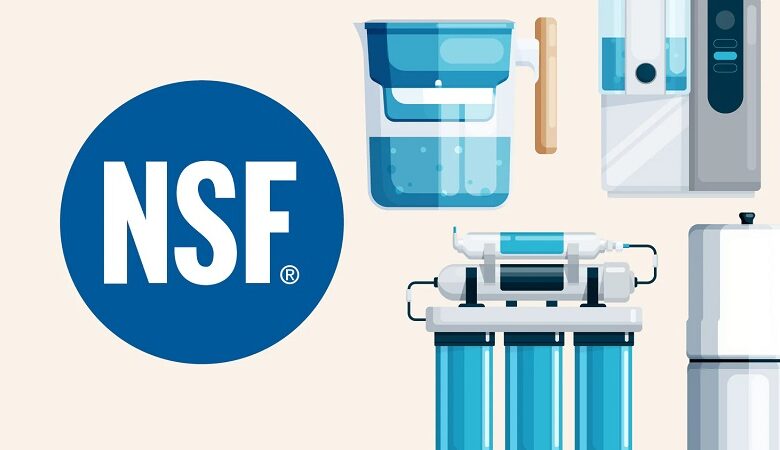NSF Certification: A Gold Standard for Health and Safety

The top standard for guaranteeing the quality and safety of goods and services is NSF certification. Currently called the Public Health and Safety Organization, NSF was once known as the National Sanitation Foundation. It was founded in 1944 with the goal of establishing and upholding standards for food safety and cleanliness. Its responsibilities have grown throughout time to encompass certifying a variety of things, including as consumer goods, food, and water, to make sure they adhere to strict safety and health regulations.
The Rigorous NSF Certification Process
A product or service must go through a rigorous examination process to obtain NSF certification. This entails a comprehensive examination of the manufacturing process, product testing, and material analysis. To make sure that its criteria are being followed, NSF also does surprise facility inspections. What is nsf? A business must submit an application with thorough information about the product or service in order to be considered for NSF certification. To verify safety and quality, NSF conducts testing, facility inspections, and product sampling after the evaluation starts. To maintain compliance and guarantee continued consumer protection, NSF audits and tests the product even after certification.
The Importance of NSF Certification for Consumers
NSF accreditation is a trustworthy sign of quality and safety for customers. A product that has been independently assessed and confirmed to satisfy the highest health and safety standards is indicated by the NSF mark. This gives consumers peace of mind that the product is devoid of dangerous impurities and was made in accordance with stringent safety regulations. Customers can make well-informed purchasing decisions by using the NSF website to confirm whether a good or service is certified.
NSF Certification in the Laundry Industry
NSF certification is especially important in sectors like commercial laundry services. The cleanliness and hygienic safety of linens and textiles are guaranteed by an NSF-certified laundry facility. This is particularly important in industries where preserving hygienic conditions is critical for public health, such as healthcare, food service, and hospitality. Commercial laundries must pass stringent inspections, including microbiological testing to ensure that laundry procedures successfully eradicate bacteria and pathogens, in order to receive NSF certification. In order to guarantee that linens are contaminant-free during the cleaning and shipping processes, facilities are also inspected for cleanliness and adherence to safety regulations.
Conclusion
An organization’s dedication to public health and safety is symbolized by its NSF accreditation, which is more than just a label. NSF-certified products guarantee that customers receive the greatest level of quality and protection, whether in the food service, water treatment, or laundry industries. Businesses that obtain this accreditation show that they take a proactive approach to safety, which increases their credibility and win over customers’ trust. NSF certification is still essential to preserving health and wellbeing globally as the need for safer products rises.



